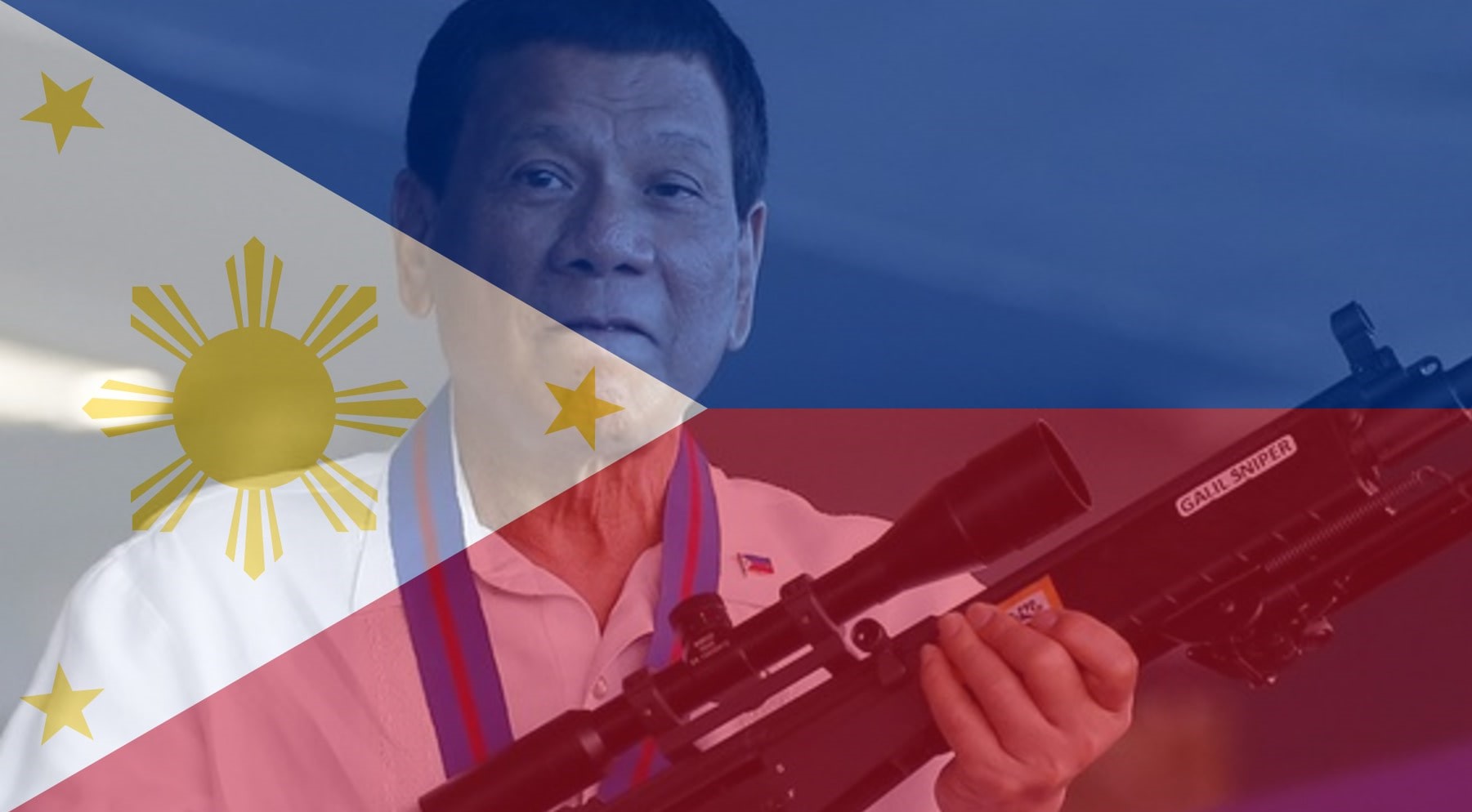 Published: 06.09.2019, 18:57
Published: 06.09.2019, 18:57 2 min read
2 min readOnly a week ago, China had lauded the Philippines government for the effort to curb gambling. This was after various authorities in the Philippines, including lawmakers, suggested that Chinese workers could be using gaming as a tool to launch their espionage mission. The accusation came after the realization that most of the Chinese gambling offices are close to critical government offices.
President Rodrigo Duterte on Wednesday expressed his unwillingness to end online gambling in the Philippines amid calls from China. Though Duterte isn’t an enthusiast of gambling, he held his ground that he couldn’t bring the industry to an end. President Duterte cited that terminating gambling activities would be detrimental to his country’s economy.
In 2016, Duterte gave massive support to the Philippines gambling regulators to commence issuing licenses for online gambling activities. According to Reuters, Duterte termed gambling as a “stupid activity” that he wouldn’t have allowed if there were adequate jobs in his country.
The Philippines leader emphasized that gambling operators will continue with their activities for “the interest of” his country. However, he was quick to read a riot act for the operators who were planning to evade paying taxes. The president was speaking while addressing a televised news conference in Manila.
Online Gambling in the Philippines
In truth, online gambling has boosted various sectors of the Philippines’ economy. Online gambling firms are often referred to as the Philippines Offshore Gambling Operators (POGO). It’s evident that gambling activities are causing Chinese to throng the country, thus increasing the demand for properties and retail costs.
Even though the regulator prohibits Filipinos from experiencing gambling, the country benefits from the license fees that operators pay. It’s estimated that close to 60 firms have been approved to conduct their businesses. However, the country took a new stance that barred the issuance of licenses to new firms. The directive began on August 19 after various authorities raised security concerns due to the presence of illegal workers.
Only last month, Cambodia acquiesced to China’s call to ban gambling operations in the country. The gambling sector was the scapegoat that that foreign criminals were using to extort money from unsuspecting investors.









